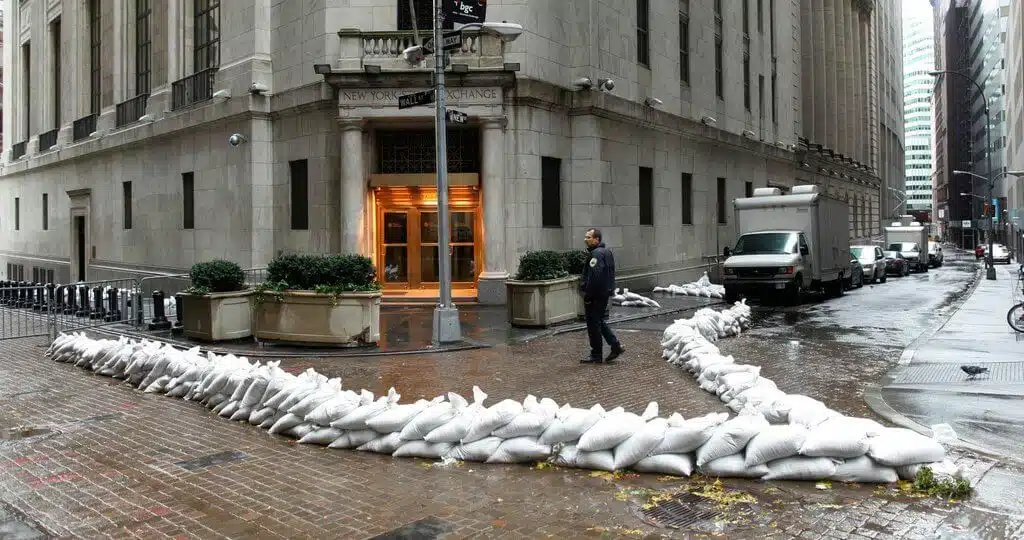A report released by sustainability non-profit Ceres is expected to provide key insights into how climate risks may impact the global banking sector.
Titled Financing a Net Zero Economy: The Consequences of Physical Climate Risk for Banks, the Ceres report presents a strategic approach towards dealing with the looming physical threat that climate change poses on banks worldwide.
Based on the analysis of $2.2 trillion worth of exposure for syndicated loans, researchers noted that physical risk to major banks in the United States alone could hit a total of over $250 billion a year.
Research team identifies physical risk factors
The research team details a number of recommendations in the report, covering four specific categories that will help banking professionals measure, analyze, and act against the physical risks of climate change in the industry. Recommendations included in the study were formulated by Ceres together with consultants from sustainability think-tank Climate Finance Alpha (CLIMAFIN).
The team used credit risk and natural disaster models that were modified to reflect the impact of climate change and macroeconomics. They also utilized publicly available syndicated loan information for some of the US largest banks.
Additional findings show that around two-thirds of physical risks to banks came from the indirect impact of climate change on numerous factors. These include supply chain disruptions and decreased workplace productivity due to natural calamities.
For instance, earthquakes on the West Coast and cases of extreme coastal flooding due to massive storms are severe climate change impacts. In addition, the recent tempest that was Hurricane Ida left over a million citizens without electricity in New Orleans.
Bankers need to rethink their climate crisis initiatives
According to Ceres senior director Dan Saccardi, the report shows that the global banking industry needs to step up its game when it comes to the climate crisis. While individual financial corporations have done their own initiatives for mitigating climate change-related risks, Saccardi opines that finance professionals and bank regulators have to stop looking at the ongoing crisis as a reputational risk with fairly minimal industrial implications.
Instead, Saccardi advised that the industry rethink how its processes such as strategic planning, financing activities, and risk management can assist companies in reducing long-term disruption and economic instability. He added that these werent just for the benefit of banks but the economy in general and society as a whole.
For his part, Ceres managing director Steven Rothstein feels that the report presents just the tip of the proverbial iceberg. While it was significant, it did not tell the whole story. To illustrate, Rothstein explained that physical risk has a domino effect on other asset classes. As a result, banks need to be more holistic and comprehensive in understanding their portfolios risks.







